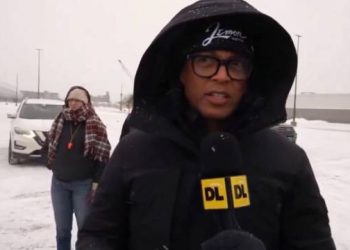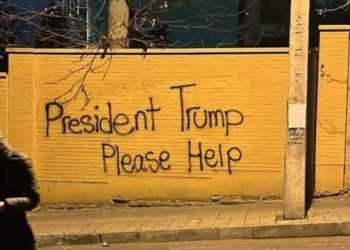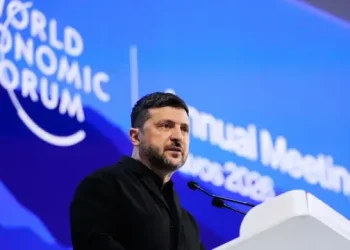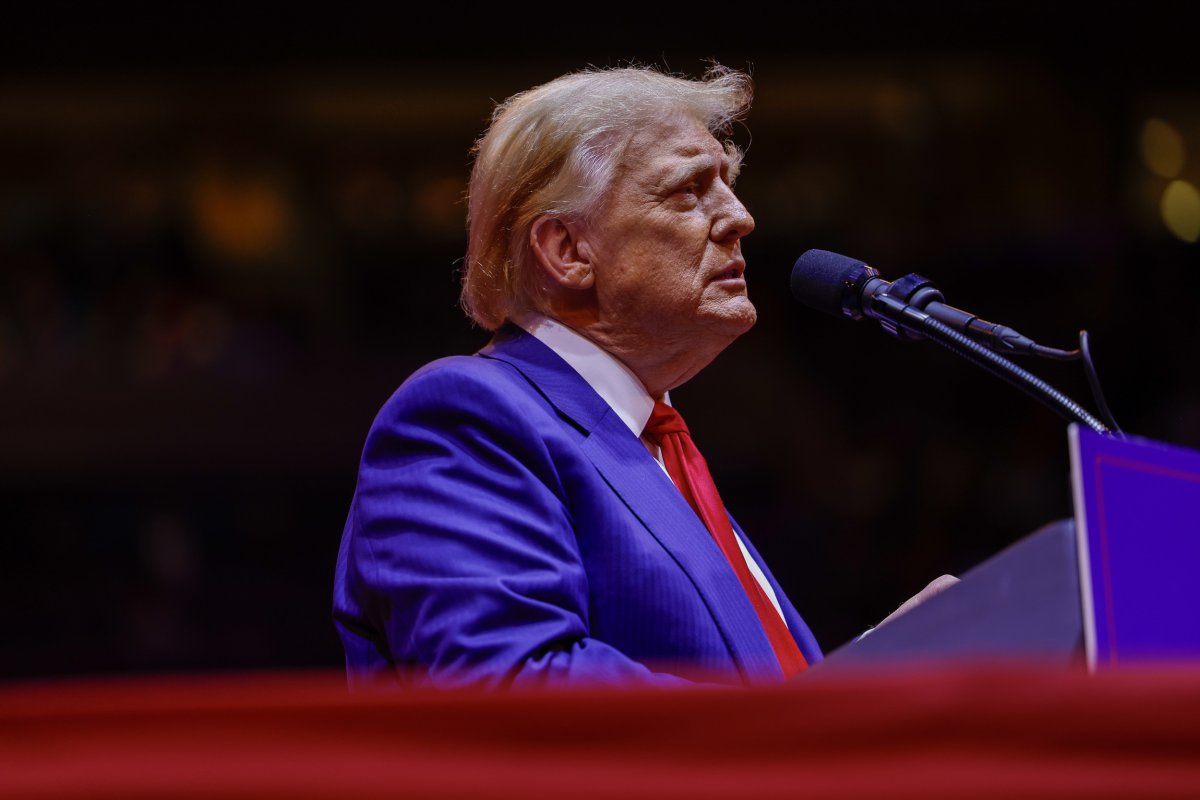Over the Christmas holiday, a heated debate about H-1B visas erupted on X, sparking division within the MAGA movement. One faction, led by prominent figures like Elon Musk and Vivek Ramaswamy—co-chairs of President Trump’s Department of Government Efficiency (DOGE)—supports continuing the H-1B visa program. This program allows companies to hire foreign workers with “specialized knowledge.”
Advocates argue that the H-1B program addresses a supposed shortage of highly skilled American labor, particularly in tech industries. Elon Musk emphasized its importance for national security, warning that without these workers, the United States risks falling behind in the global artificial intelligence race to nations like China and India.
On the other side, MAGA-aligned figures such as Laura Loomer, Jack Posobiec, Gavin Wax, and Josiah Lippincott contend that H-1B visas favor foreign labor over American workers, especially in high-paying industries like tech, engineering, and even law. They argue that companies exploit the program to artificially suppress wages for both American and foreign workers, exacerbating economic inequality amid ongoing inflation.
Critics also highlight cultural friction. Many believe that the visa system prioritizes foreign talent at the expense of native-born Americans. Vivek Ramaswamy’s comments on X added fuel to the fire:
“Our American culture has venerated mediocrity over excellence for way too long. A culture that celebrates the prom queen over the math olympiad champ, or the jock over the valedictorian, will not produce the best engineers.”
Ramaswamy’s remarks suggested deeper issues within American education and society, placing the blame for talent shortages on cultural shortcomings. However, critics counter that this view overlooks systemic issues, such as how elite universities allocate seats and resources to foreign students. Many argue that universities prioritize international enrollment, incentivized by funding from foreign governments and alumni, often at the expense of gifted American applicants.
According to detractors, this creates barriers for Americans who possess the raw talent to succeed in competitive fields but lack institutional support. They assert that these policies reflect a systemic preference for “equity” over cultivating homegrown excellence.
Moreover, critics challenge the tech industry’s outsized influence on immigration policy, questioning whether the industry’s contributions truly warrant such prioritization. They argue that many tech jobs lack revolutionary impact and primarily involve developing minor software applications rather than advancing society in substantial ways.
Additionally, concerns have been raised about the H-1B visa system’s vetting process. Instances of inflated qualifications and fraudulent applications undermine the program’s credibility. Far from attracting the “world’s best and brightest,” many H-1B workers are seen as cheaper labor rather than exceptional talent.
Ultimately, the debate has highlighted broader concerns about immigration and assimilation. Critics believe the United States has admitted too many immigrants, legal and illegal, over too short a period. This, they argue, has led to cultural tensions, reduced public trust, and economic strain.
While Musk and Ramaswamy have contributed significantly to the MAGA movement, their stance on H-1B visas conflicts with the base’s longstanding emphasis on border security and prioritizing American workers. The movement’s core principles have always centered on national sovereignty, not expanding access to foreign labor.
The solution, according to critics, lies in limiting immigration overall and reforming educational institutions to better serve American students and workers. As they assert, “The United States will never be some amorphous idea or economic zone; it is a nation composed of flesh-and-blood individuals.”
 Telegram is where we really talk. Don't miss out!
Telegram is where we really talk. Don't miss out!









